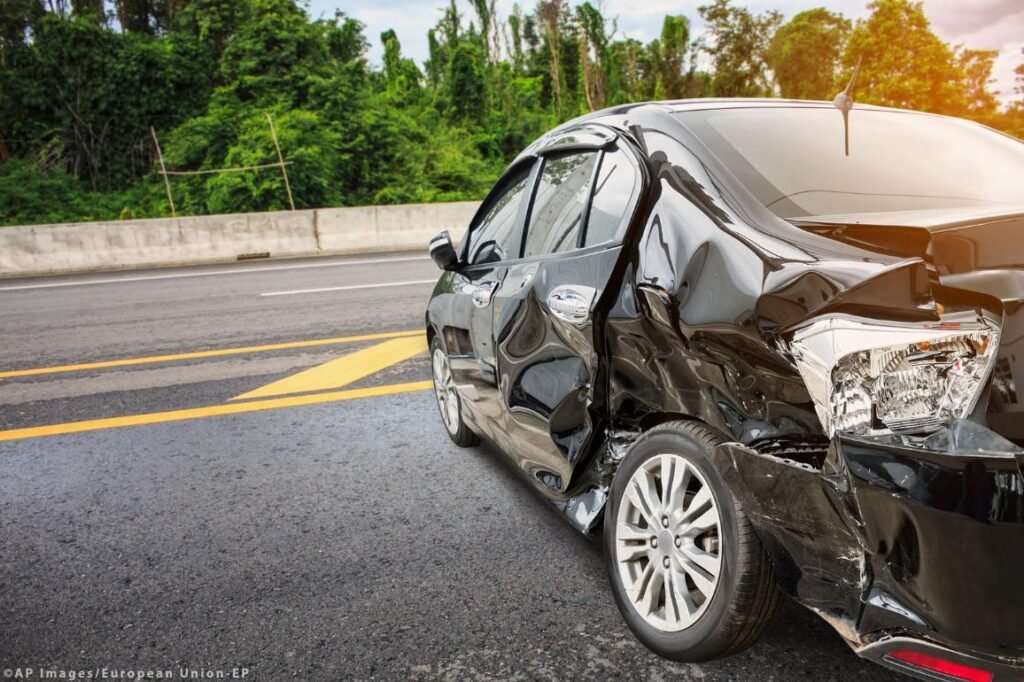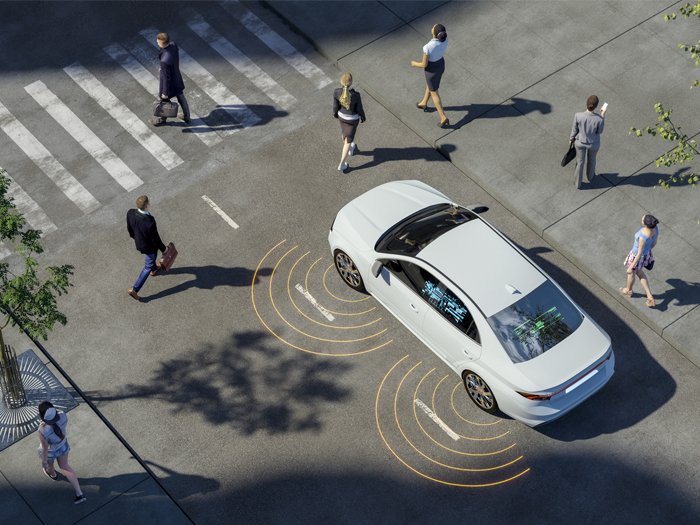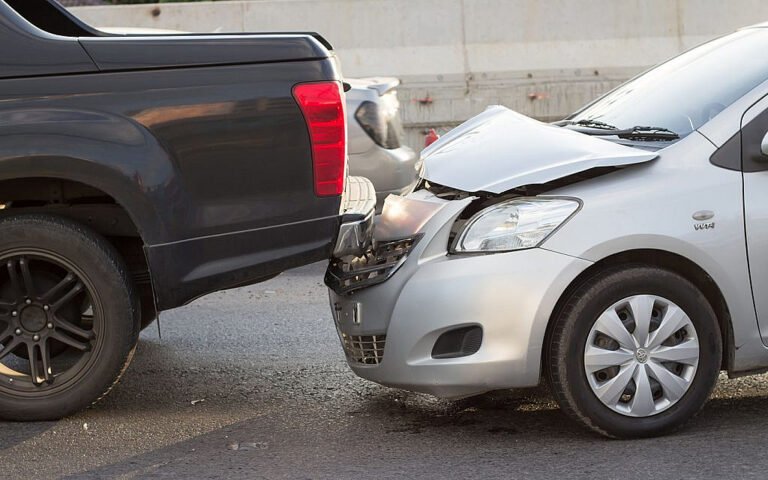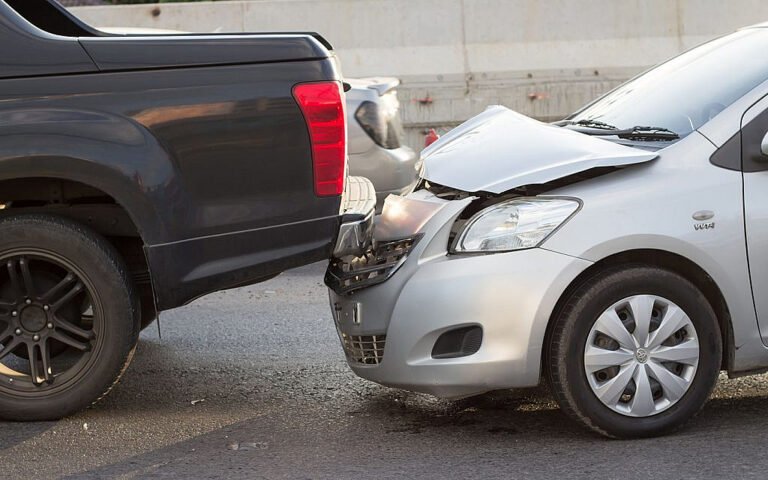The High Cost of Collisions: Understanding the Financial Impact of Car Accidents
Car accidents are a frightening reality on our roads. Beyond the physical injuries and emotional trauma they cause, car accidents can also wreak havoc on your wallet. The financial impact of a car accident can be significant, encompassing everything from immediate medical bills to lost wages and long-term car repairs.
This article delves into the hidden costs of car accidents, explores the various financial burdens they impose, and offers tips on mitigating the damage.
The True Cost of a Collision
While the initial costs of a car accident, like car repairs and medical bills, are readily apparent, the true financial impact extends far beyond. Here’s a breakdown of the hidden costs:
- Medical Expenses: Medical bills can be astronomical, covering emergency room visits, doctor consultations, medications, therapy, and ongoing care for chronic pain. These costs can easily spiral, especially in cases of serious injuries requiring surgery or rehabilitation.
- Lost Wages: Car accidents often lead to missed work, resulting in lost wages and potential salary reductions. If your injuries are severe and lead to long-term disability, you might face significant income loss.
- Reduced Earning Capacity: Even if you return to work, injuries might limit your ability to perform certain tasks, potentially impacting your earning potential in the long run.
- Increased Insurance Premiums: Accidents can cause your car insurance premiums to skyrocket. This can be a significant financial burden, especially if you were not at fault for the accident.
- Car Repairs: Depending on the severity of the accident, car repairs can range from minor fixes to complete replacements. Even minor repairs can be expensive, and the cost of replacing a totaled car can be devastating.
- Transportation Costs: While your car is being repaired, you might need to rely on alternative transportation options like taxis, ride-sharing services, or public transportation. These can add up quickly, especially during extended repair periods.
- Out-of-Pocket Expenses: There are numerous hidden costs associated with car accidents, including deductibles, co-pays, childcare while recovering from injuries, and additional household help if you’re unable to perform daily tasks.
- Long-Term Care: For severe injuries, ongoing care needs can be substantial. This could include home modifications, special equipment, and in-home nursing care, adding a significant financial burden.
Beyond the Financials
The impact of car accidents extends beyond dollars and cents. Here are some additional financial hardships to consider:
- Impact on Credit Score: Medical bills and other accident-related expenses can lead to debt, potentially impacting your credit score and making it difficult to secure loans or mortgages in the future.
- Bankruptcy: In worst-case scenarios, overwhelming medical bills and lost income can lead to bankruptcy, causing long-term financial difficulties.
- Loss of Productivity: Even if you return to work, injuries can affect your productivity, potentially impacting your job security and career advancement opportunities.

Mitigating the Financial Damage
While you can’t prevent accidents entirely, several steps can help minimize the financial impact if one occurs:
- Maintain Adequate Car Insurance: Make sure you have appropriate car insurance coverage, including liability, collision, and comprehensive insurance. Consider adding medical payments coverage and uninsured/underinsured motorist coverage for extra protection.
- Document Everything: After an accident, gather as much evidence as possible, including pictures of the damage, the scene, and any injuries. Collect witness information, police reports, and all medical records related to the accident.
- Seek Legal Counsel: Consulting with an experienced personal injury lawyer can help ensure you receive fair compensation for your injuries and lost wages.
- Keep Records of Expenses: Meticulously track all accident-related expenses, including medical bills, receipts for repairs, and transportation costs. This documentation will be crucial when filing an insurance claim or pursuing legal action.
- Explore Financial Assistance: Depending on the severity of the accident and your financial situation, you might be eligible for government assistance or victim compensation programs.
The Societal Impact
The financial repercussions of car accidents extend far beyond the individuals involved. The societal costs are staggering, encompassing:
- Healthcare Costs: Car accidents put a significant strain on healthcare resources, with the burden falling on both public and private insurance systems.
- Lost Productivity: Lost wages due to accidents reduce productivity and economic output.
- Emergency Services: Police, fire departments, and emergency medical services incur significant costs responding to and clearing accident scenes.
- Property Damage: Accidents often damage public infrastructure and private property, adding to the overall cost burden.
Reducing the Risk
The best way to manage the financial impact of car accidents is to avoid them altogether. Here are some tips to promote safe driving practices






